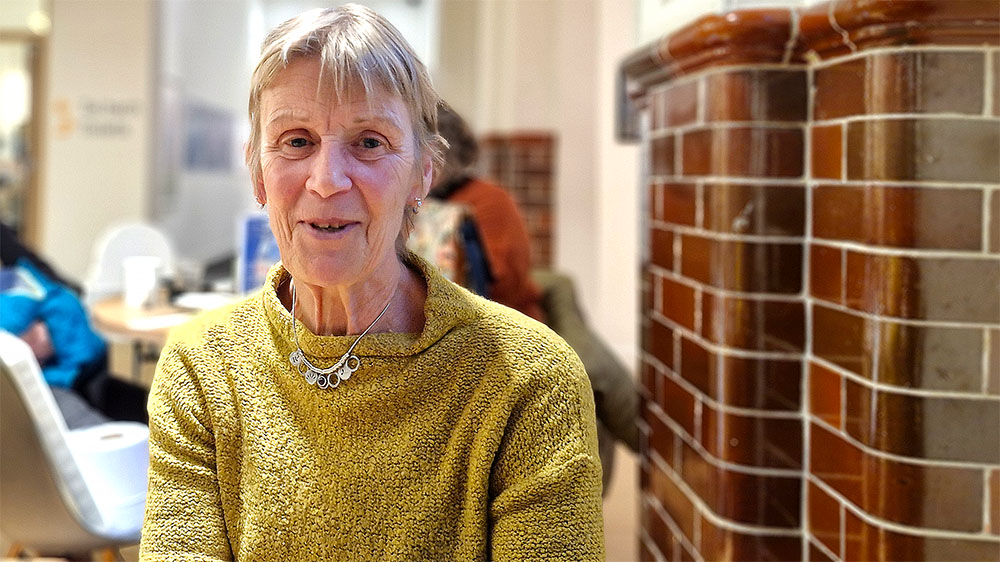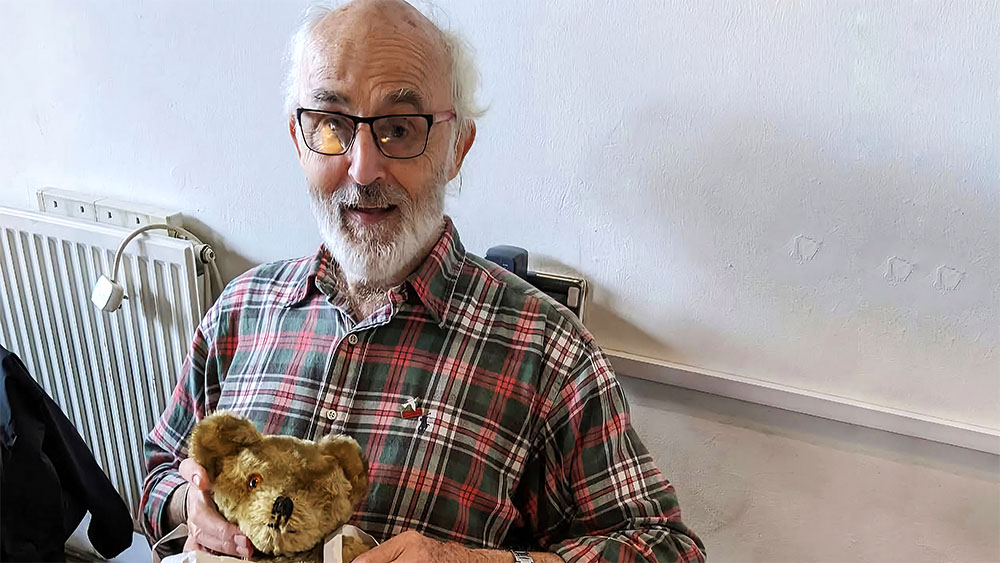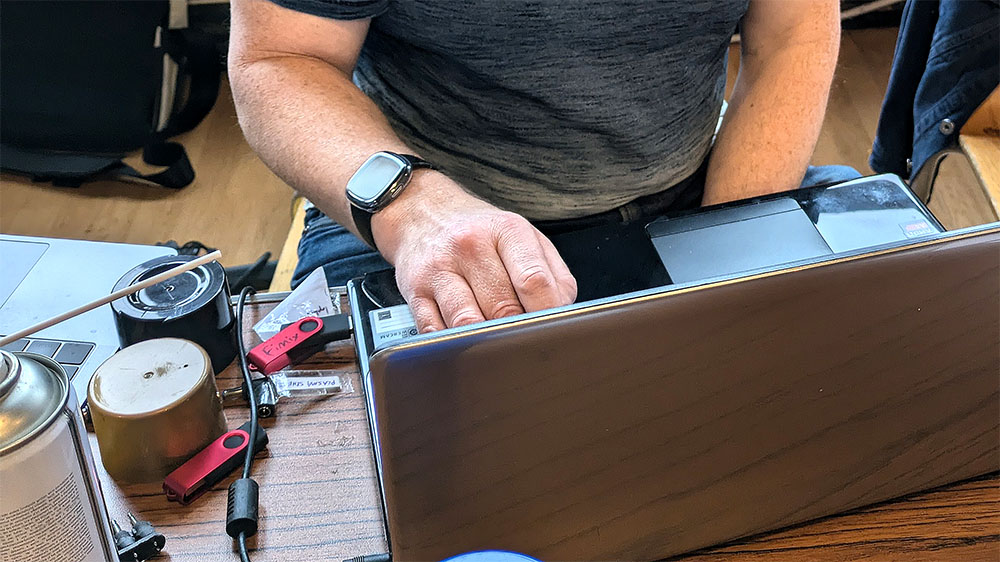Repair Café, Canton urges people to make conscious decisions towards sustainability while buying to delay the environmental degradation.

Local volunteers in Cardiff are urging people to repair instead of discarding items meant for short-term use to save the environment.
Repair Café, Canton’s call for sustainability follows the beginning of talks for the first intergovernmental treaty to end plastic waste, which began at the United Nations in Busan, Korea.
“Most things are thrown in the back of the cupboard once they stop working and people just buy a new one. The problem is we need to make things that can be repaired,” says Susan Waring, 70 from the Canton Repair Café. “If people could be encouraged to spend a little bit more money and buy something that can be repaired as opposed to buying cheaply made products which hardly last for a year we would be doing a lot for the environment.”
The non-profit invites people to bring their damaged goods this festive season for free repairs, giving them a longer life.
The UK’s 69 million people generate around 400 kg of household waste per person annually, much of which ends up in landfills. This poses serious threats to food security, health, and biodiversity.

“Our world is drowning in plastic pollution. Every year, we produce 460 million tonnes of plastic, much of which is quickly thrown away,” said United Nations Secretary-General António Guterres via video message, as talks to end plastic pollution began this Monday.
Discarding fast- tech products frequently contributes to increased waste, resource depletion, and pollution, as these products are often non-repairable and end up in incinerators.
“We fix a lot of things, so people don’t have to buy them new. More than 50% of the electrical items with both plastic and metal parts in them, that go to landfills could have been fixed,” said Mrs. Waring.
Mrs. Waring said many people discard vast number of items which could potentially have a new lease on life after simple repairs.
Over half a billion cheaply priced electronic goods were bought in the UK in the past year, with 471m thrown away, and UK citizens spent over £2.8 Billion on these items.

Material Focus, an independent not-for-profit organisation said that when consumers buy a cheap item, they see it as disposable.
The most common reason people have for not repairing their item was that it was too expensive. Making the repair cost even less enticing is the low price of a replacement.
“You can buy a toaster for five pounds or something, but there are no screws on it and if we cannot open it… we cannot fix it. The toasters that can easily be repaired are too expensive,” said Mrs. Waring. “So, what we need is something in the middle so that people can spend just a little bit more and know that whatever breaks can be replaced and repaired.”
The Repair Café lets people bring in items, from household goods to sentimental knick-knacks, to be repaired for free by volunteers with professional expertise.
With millions of cheap items discarded annually, contributing to the mounting waste crisis, the need for repairable products has never been more critical to reducing landfill overflow and resource depletion.
